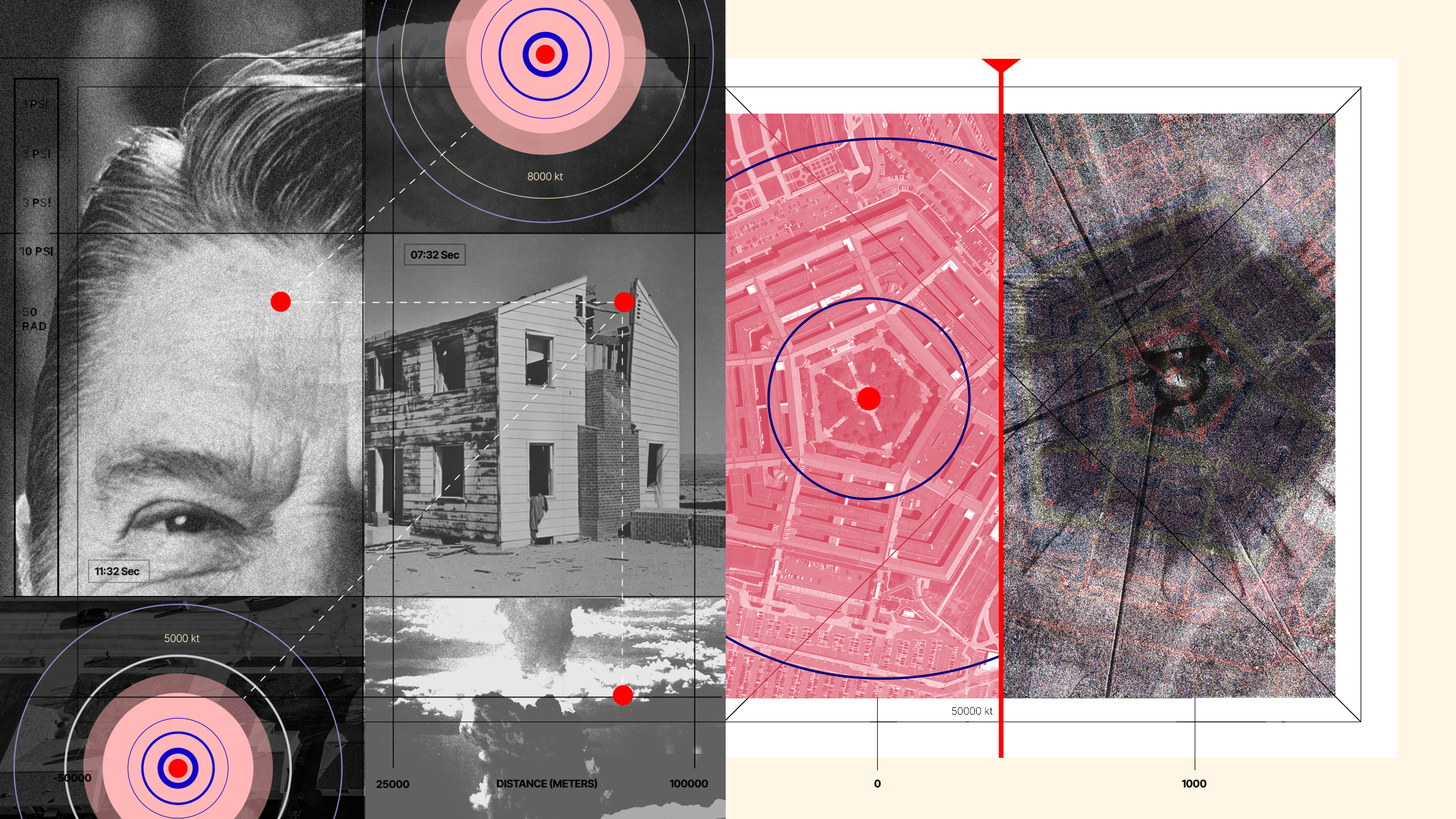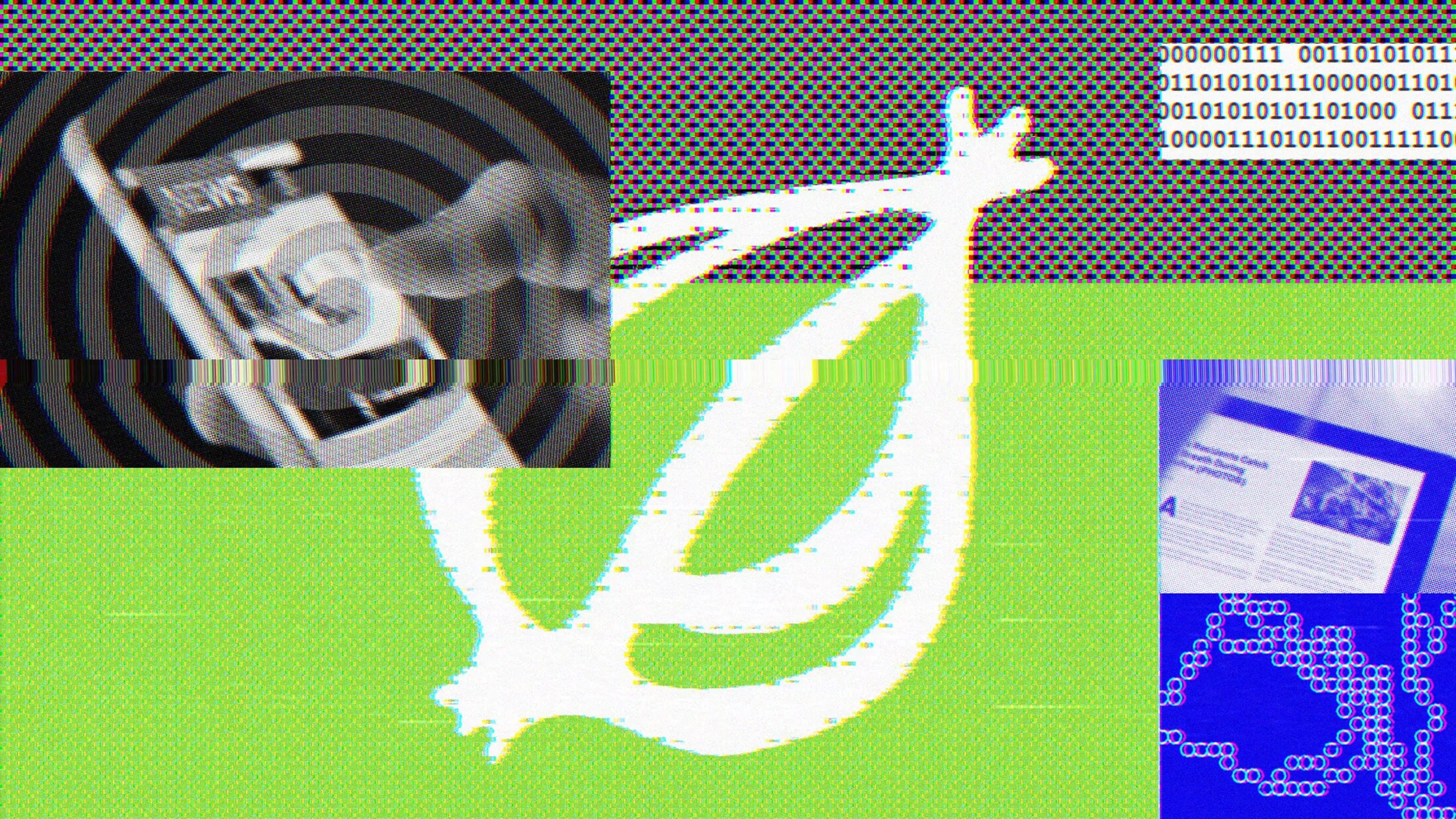Baratunde Thurston’s How To Be Black is neither peevish gripe nor venomous attack. Like the best satire, it convinces with wit and compassion, and offers readers a vision of a better America that’s entirely within reach.
Baratunde Thurston: Post racial America does not exist. One of the goals of this project was not just to talk about my own personal experience and interview people, but kind of think ahead of time about where we might be going, and so I talked to people and I thought about it myself, and I think the future of blackness is, no pun intended, bright.
One of the core themes that I've been exploring is, you know, who black people are has often been defined broadly, inaccurately, incompletely and externally by other people, and the extent to which we could adjust those mainstream images of ourselves depended on protest, depended on kind of gaining access to mainstream tools of media and trying to get seats at the table. But now we have the power--we’re exhibiting it right now through Big Think--to create our own media, to create our own images, to put out our own ideas of one another, and to connect with other people like us and like the subsets of us that exist. So it’s been a very common image of blackness--of criminality and poverty and thugishness--and there’s some truth to some of that, but it certainly isn’t the whole truth. It’s not the representative truth.
There’s big black nerd communities and black punk and black rock, and that is finding a voice and gaining momentum, and I'm a fan of web shows like Awkward Black Girl and Black Nerd Comedy and This Week in Blackness, which are putting out new ideas and images. And you see this kind of the blending of social media and the internet and identity coming together in a really positive, much more dynamic way, both within the black community to allow for difference, but also between the black community and others to say, hey, we’re this, but we’re also that.
And I think that message, that ability to kind of close the gap between how people see you and who you really are, goes well beyond being black, and that’s a core aspect of what it is to be human. But we’re all kind of benefiting from that trend, I think, and I certainly hope.
Directed / Produced by
Jonathan Fowler & Elizabeth Rodd





